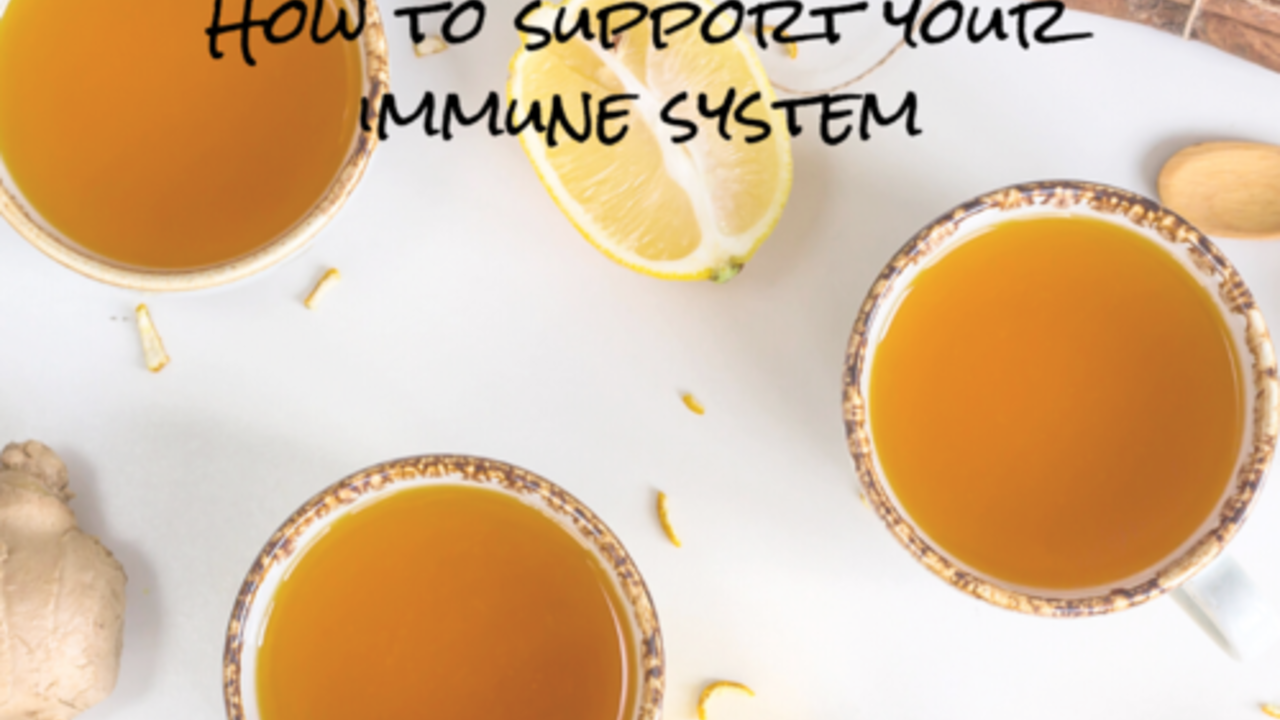Myth busting immunity for athletes
Feb 01, 2021
Despite common belief, we cannot in fact “boost” our immunity. However, there are a number of ways that you can maintain immunity by optimising your nutrition and hydration, particularly if you are an athlete.
Genetics do play a part the rate and susceptibility to picking up infections, but there are a number of other factors to consider too.
Stress and sleep have an impact on the immune system. High stress and inadequate sleep can decrease white blood cell functioning and increasing risks of upper respiratory chest infections. Trying to manage external stress with self-care strategies and prioritising your sleep can help reduce this risk. Interestingly - recent research shows that alongside other sleep strategies, eating two vitamin C rich kiwis before bed could help with getting a better night's sleep! Taking large doses of vitamin C however, will not “boost” your immune system.
Nutrition When it comes to nutrition, there isn’t one nutrient or vitamin that will “boost” the immune system or “increase” your immunity. There are a few that can support or maintain it. A simple well-balanced diet including all major food groups (fats, carbohydrate and proteins with a healthy dose of varied fruit and veg) will ensure that you have all the necessary micronutrients (like Vitamin A,C,D,E,B12, Folic acid, iron, zinc, copper, and selenium) needed to maintain immune functioning.
Eating a variety of fruits and vegetables at mealtimes will also ensure your body gets a combination of rich micronutrients. For example, we find both copper and vitamin C in leafy green veg whilst peppers contain vitamin C and vitamin A and nuts, fish, and tofu provide rich sources of protein, selenium, and copper!
Fish, nuts and tofu are good sources of protein and micronutrients involved in immune function. So, for a perfect immune supporting dish think about rustling up a quick stir fry with lots of brightly coloured vegetables and oily fish served with rice and a handful of toasted nuts. This will certainly provide you with a great selection of macro and micronutrients!
Vitamins and Supplements Sufficient levels of Vitamin D can also help us protect the immune system. Whilst sunshine is the best source, Vit D is also found in oily fish such as salmon, trout, and mackerel. If you are outside less often and needing to self-isolate in the short term, then you may want to consider taking a 1000 IU D3 per day. We usually suggest 1000 IU D3 over the winter and autumn months for athletes so you may want to continue taking them during this period (check with a medical professional or registered dietitian for advice on supplements).
We also know that probiotics can support the immune system as part of a balanced diet. Simply including probiotics such as those found cultured in yogurts and dairy based drinks is a really easy and super tasty way to get some good bacteria into the gut as well as being a great source of protein!
Weight loss and dieting If you are currently working towards weight loss or manipulating weight, it is even more important to keep your diet balanced and avoid ‘yo-yo dieting’ to prevent decreased immune function. My top tip is ensuring you maintain adequate protein in meals and snacks, and include carbohydrates as part of your training fuelling strategy to help support your immune function. It would be prudent to avoid fasted training techniques that put more stress on the body at present in order to protect your immune system.
Hydration All this talk about nutrients, but don’t forget those fluids either. Make sure you are drinking regularly (hot drinks and water/squash all count). Aim to simply make sure your mouth is kept moist – because did you know saliva has antimicrobial properties?
Stay well out there!
